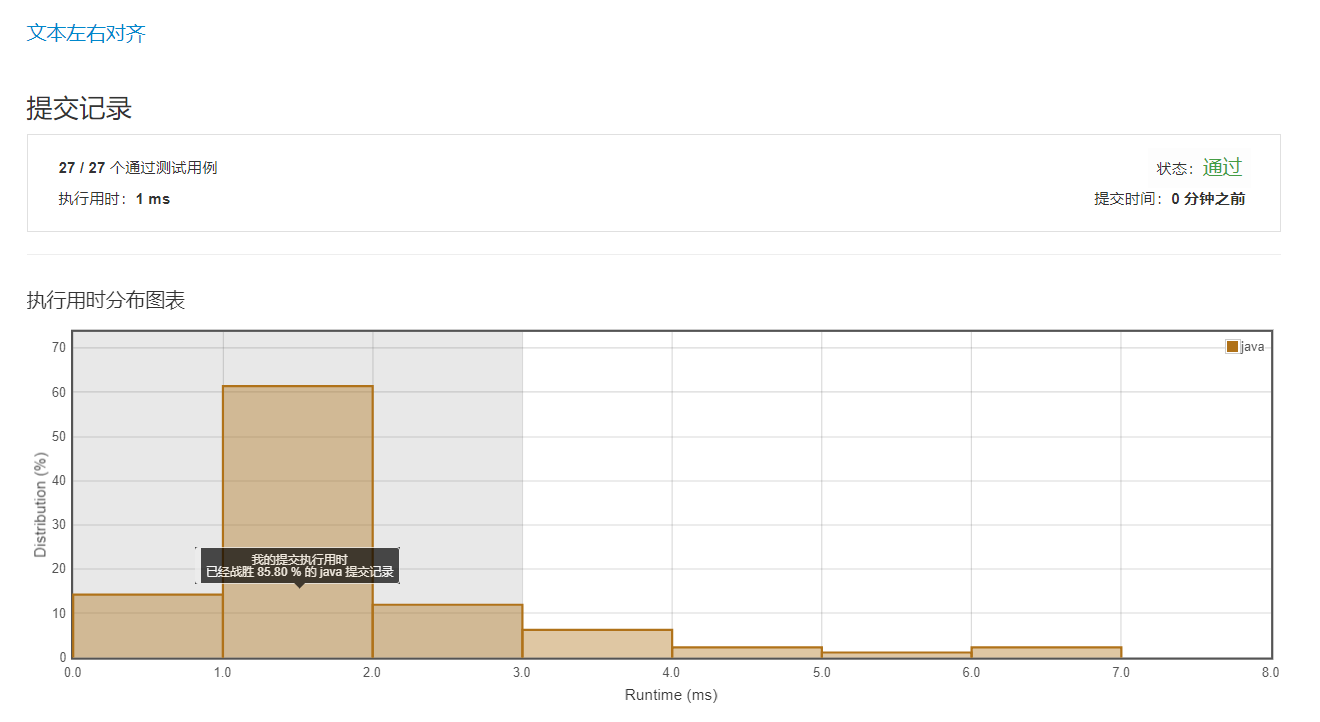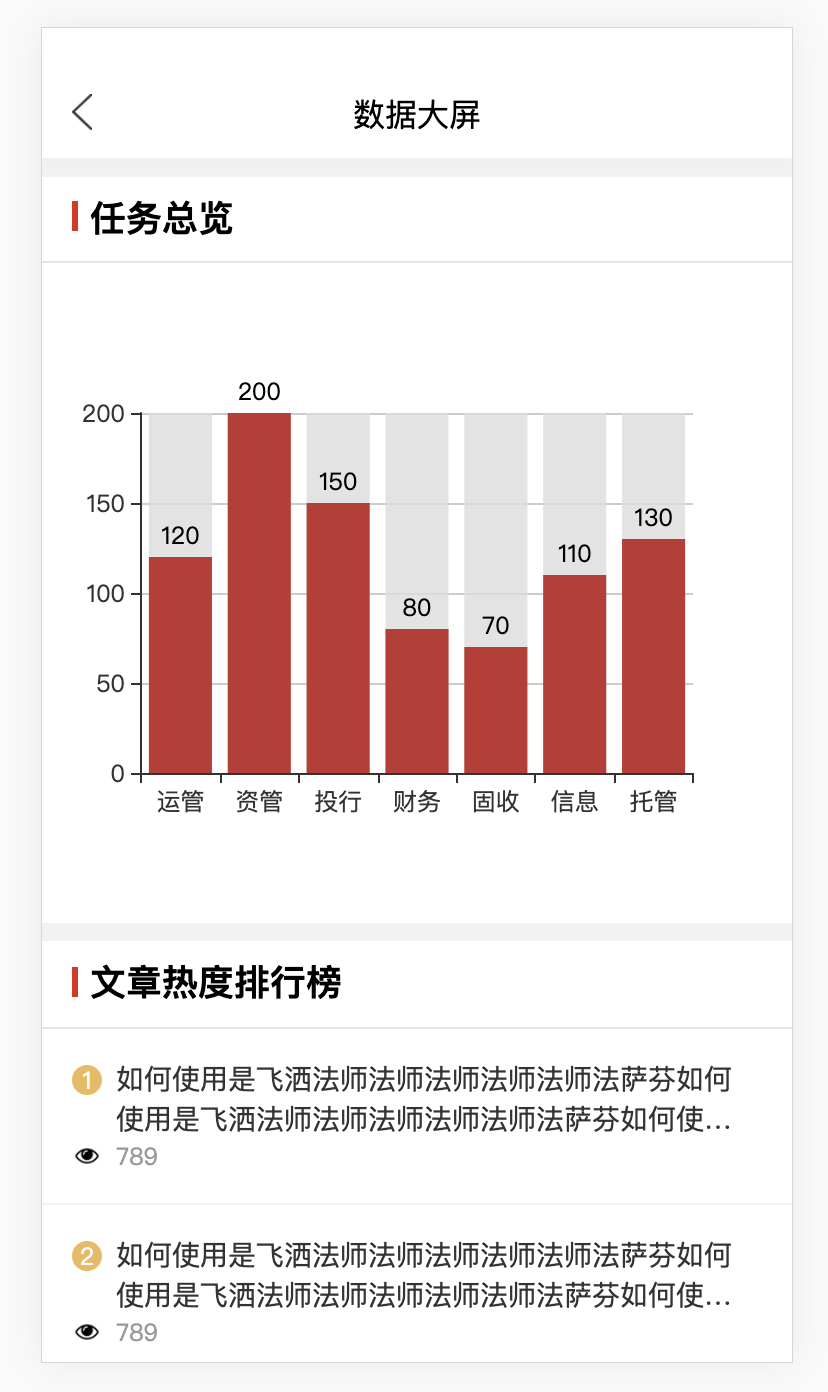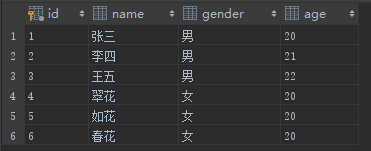leetcode:68. 文本左右对齐
题目:
给定一个单词数组和一个长度 maxWidth,重新排版单词,使其成为每行恰好有 maxWidth 个字符,且左右两端对齐的文本。
你应该使用“贪心算法”来放置给定的单词;也就是说,尽可能多地往每行中放置单词。必要时可用空格 ’ ’ 填充,使得每行恰好有 maxWidth 个字符。
要求尽可能均匀分配单词间的空格数量。如果某一行单词间的空格不能均匀分配,则左侧放置的空格数要多于右侧的空格数。
文本的最后一行应为左对齐,且单词之间不插入额外的空格。
说明:
单词是指由非空格字符组成的字符序列。
每个单词的长度大于 0,小于等于 maxWidth。
输入单词数组 words 至少包含一个单词。
示例:
输入:
words = [“This”, “is”, “an”, “example”, “of”, “text”, “justification.”]
maxWidth = 16
输出:
[
“This is an”,
“example of text”,
“justification. “
]
示例 2:
输入:
words = [“What”,“must”,“be”,“acknowledgment”,“shall”,“be”]
maxWidth = 16
输出:
[
“What must be”,
“acknowledgment “,
“shall be “
]
解释: 注意最后一行的格式应为 “shall be “ 而不是 “shall be”,
因为最后一行应为左对齐,而不是左右两端对齐。
第二行同样为左对齐,这是因为这行只包含一个单词。
示例 3:
输入:
words = [“Science”,“is”,“what”,“we”,“understand”,“well”,“enough”,“to”,“explain”,
“to”,“a”,“computer.”,“Art”,“is”,“everything”,“else”,“we”,“do”]
maxWidth = 20
输出:
[
“Science is what we”,
“understand well”,
“enough to explain to”,
“a computer. Art is”,
“everything else we”,
“do “
]
分析:
递归每一行,每行按照规则处理即可
代码:
public List<String> fullJustify(String[] words, int maxWidth) {List<String> res = new ArrayList<>();int l = words.length;// 逐行递归遍历add(res, words, maxWidth, 0, l);return res;}private void add(List<String> res, String[] words, int maxWidth, int start, int l) {int end = start;int nowL = 0;while (end != l && nowL + words[end].length() + end - start <= maxWidth) {nowL += words[end].length();end++;}end--;if (end == l - 1) {StringBuffer sb = new StringBuffer();for (int i = start; i < end; i++) {sb.append(words[i]);sb.append(" ");}sb.append(words[end]);int ltmp = sb.toString().length();for (int i = ltmp; i < maxWidth; i++) {sb.append(" ");}res.add(sb.toString());return;}if (end == start) {StringBuffer sb = new StringBuffer();sb.append(words[start]);for (int i = words[start].length(); i < maxWidth; i++) {sb.append(" ");}res.add(sb.toString());add(res, words, maxWidth, end + 1, l);} else {StringBuffer sb = new StringBuffer();int arg = (maxWidth - nowL) / (end - start);int mod = (maxWidth - nowL) % (end - start);StringBuffer sbtmp = new StringBuffer();for (int i = 0; i < arg; i++) {sbtmp.append(" ");}String stmp = sbtmp.toString().intern();for (int i = start; i < end; i++) {sb.append(words[i]);sb.append(stmp);if (i - start < mod)sb.append(" ");}sb.append(words[end]);res.add(sb.toString());add(res, words, maxWidth, end + 1, l);}}
效率:

总结:
多考虑各种情况就好



































还没有评论,来说两句吧...